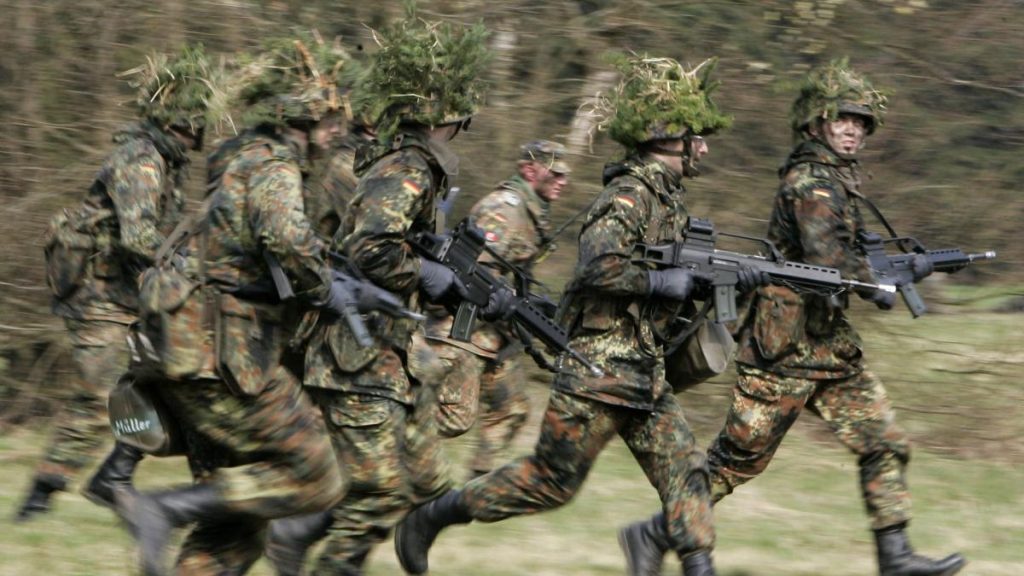Defense Minister Boris Pistorius plans to reintroduce mandatory military service in Germany, despite initial reports indicating a focus on voluntary enlistment. In his plan, all young men and women will receive a questionnaire about their fitness, health, and interest in military service. Men will be required to respond to the questionnaire, with potential sanctions for non-compliance, while women are exempt due to current constitutional regulations. Pistorius aims to initially recruit 5,000 to 10,000 service members voluntarily, with the possibility of mandatory enlistment if necessary to ensure the military’s readiness in case of defense needs.
Pistorius emphasizes the importance of maintaining the military’s capacity for growth, with a focus on increasing the number of reservists to bolster the defense forces. While he supports amending the constitution to include women in mandatory military service, he acknowledges that such changes may not be feasible within the current legislative term. The defense minister’s goal is to ensure sufficient personnel within the armed forces through a combination of voluntary and mandatory service, with the ultimate aim of enhancing the country’s defense capabilities in times of need.
The defense minister’s plans come in response to the significant personnel shortage within the German military, with many positions currently vacant. While Pistorius initially indicated a preference for voluntary recruitment with additional incentives, he now acknowledges the necessity of mandatory recruitment to ensure the military’s operational capabilities. The discussions within the SPD leadership highlight the ongoing debate over the structure of mandatory military service and potential alternative options, such as social, environmental, or developmental service, in place of military duty for some individuals. The CDU/CSU has advocated for a return to conscription, emphasizing the need for a comprehensive strategy to address the personnel shortfall in the armed forces.
Pistorius’s proposed questionnaire will serve as a means to assess the interest and suitability of individuals for military service, with the potential for sanctions against non-compliant men. The differentiation between men’s mandatory participation and voluntary recruitment for women underscores the existing constitutional framework governing military service in Germany. The defense minister’s acknowledgment of the need for mandatory service in certain circumstances reflects the evolving approach to recruitment and retention within the armed forces, as efforts are made to address the current personnel shortage and enhance the military’s operational readiness.
As discussions continue within the political and military spheres regarding the future of mandatory military service in Germany, the focus remains on ensuring the defense forces’ preparedness in the face of evolving security challenges. Pistorius’s plans for a phased approach to recruitment, combining voluntary and mandatory methods, underscore the multifaceted efforts to address the personnel shortfall within the armed forces. The ongoing debate over the structure and scope of mandatory military service reflects the broader considerations surrounding national defense and security policy, as Germany seeks to enhance its military capabilities in a rapidly changing global security environment.















